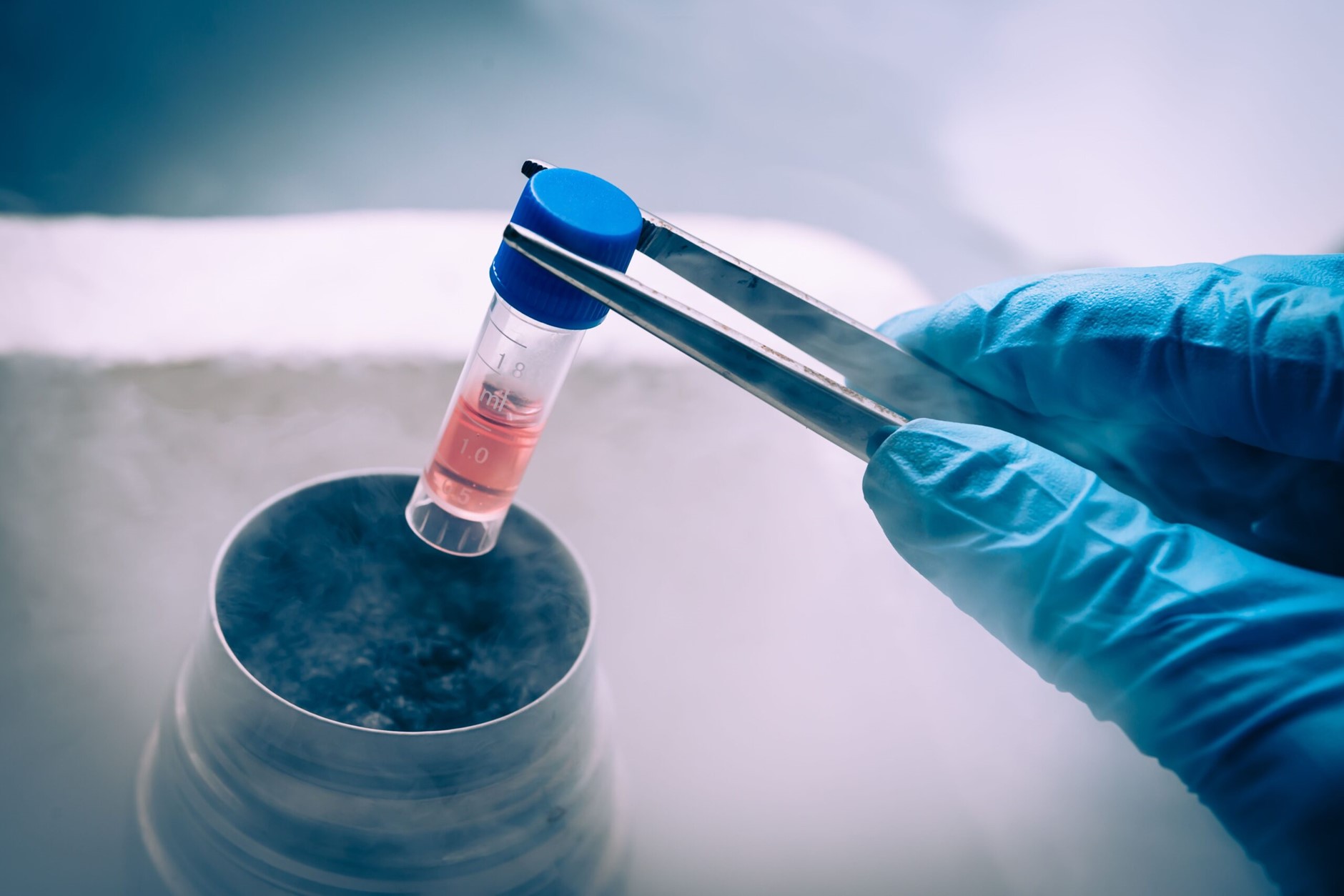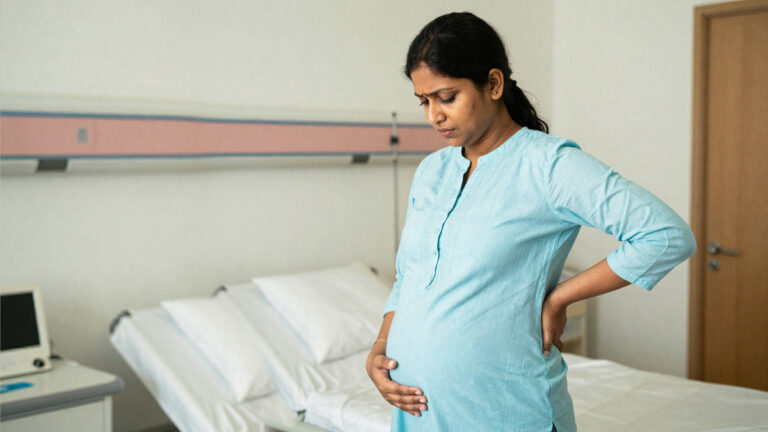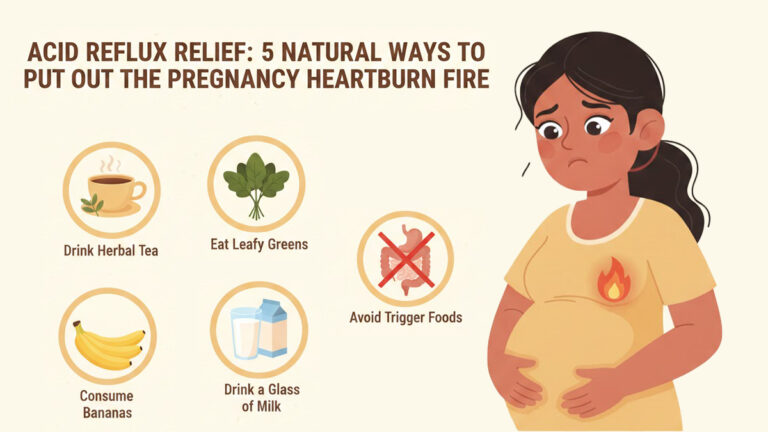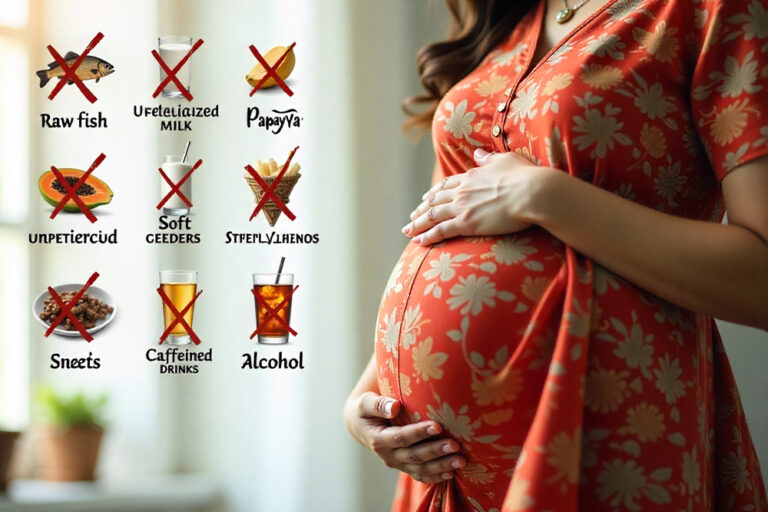It is important to know that both males and females are affected by infertility. Multiple environmental, genetic, and acquired factors can lead to declining fertility in current reproductive age groups (25 to 34 years).
There are some lifestyle factors that can be changed to reduce infertility.
1. Poor lifestyle
Many factors, such as late work hours, graveyard shifts and irregular sleeping times, sleep pattern disturbances as well as stress or anxiety can affect the rhythm of our biological clock. Combine this with a sedentary lifestyle, lack of exercise, and obesity. This can lead to hormonal disorders and irregular periods. Obesity can damage sperms and cause imbalanced female-male hormones. Heat generated from sitting for long periods at work also affects sperms. Wearing tight undergarments or jeans for extended hours can have a detrimental effect. This is further exacerbated by hot working environments.
2. Poor dietary choice
Consuming more packaged, frozen and instant foods with preservatives, refined sugar and carbs, as well as fewer fiber-rich diets, millets, fruits, and vegetables, can lead to health problems. Consuming high-sugar foods, bakery products, as well as a lack of probiotics in preserved and packaged food can alter the normal vaginal bacteria balance and oocyte quality. This is vital in order to prevent uterine, cervical, and vaginal infections. Dietary habits directly influence the quality of sperm. Poor diets can cause ovulation problems in women and delay periods. This can lead to infertility. BMI can also be affected by irregular food timings.
3. Knowledge gap
Lack of knowledge and sex education can lead to sexually transmitted infections in adolescents which can cause tubal blockages. It is also common to not know the fertile window.
4. Prioritizing career
People are more inclined to delay marriage and childbirth in order to achieve financial stability. With age fertility potential decreases more so in females. Indians seems to reach menopause earlier as well. Indian women are on average 47 years old when they reach menopause, while European women are at 51 years. In our daily practice, we see many women suffering from low levels of Anti Mullerian Hormone (AMH). The problem has been exacerbated by early menarche in girls. Their reproductive lives begin early and end very early. For many women, the biological age (ovarian) is very different to our chronological age.
5. Environmental pollution
Polycystic Ovarian Syndrome has been seen in many women for which environmental influences are a known cause. Environmental toxins also lead to a decrease in the quality and quantity of sperms. Plastics have caused many health problems. Exposure to food and air pollution is believed to have contributed to precocious puberty in girls before the age of 10 years.
6. Drinking and smoking
Consuming alcohol and smoking can dramatically reduce sperm count and damage the DNA.
Smokers experience a quicker decline in their ovarian reserves, which is when the number of follicles decreases and AMH levels fall. This can lead to premature menopause.
These reasons can be explained easily. These issues can be addressed by seeking counselling before beginning sexual life, safe contraception counselling, and prenatal advice. This will help to reduce the chances of a couple losing their fertility. These factors can endanger fertility in young people. They should seek professional counselling when planning for pregnancy. Get advice from your doctor as soon as possible.
Infertility may have several causes, including:
Timing
During ovulation, sperm and egg must come into contact to become pregnant. You can just be attempting to get pregnant at the wrong period of the month if you’ve only recently begun trying or haven’t pinpointed a precise ovulation window. Menstrual cycle tracking can help you solve this problem.
It’s essential to keep in mind that, even if you know when you ovulate, there is no assurance of getting pregnant during that time. Each month, a 30-year-old woman in perfect health has a 20% chance of becoming pregnant.
Ovulatory problems
It can be quite difficult to get pregnant if you’re not ovulating. In this situation, you should talk to a fertility doctor about additional tests and treatments they can provide to assist control and determine why ovulation isn’t happening.
Semen/sperm problems
It is true that people can generate sperm for the rest of their life, but there is also the issue of sperm quality. Fertility may be impacted by the quantity, form, and motility (movement) of sperm. Your physician can perform a semen analysis if there is cause for concern.
Aging-related problems
Everyone, regardless of sex, may experience difficulty getting pregnant as they become older. A person with a uterus in their early 20s or 30s typically has a 1 in 4 chance of becoming pregnant each month. However, after age 30, the likelihood of falling pregnant falls off, and by the time they are 40, they only have a 1 in 10 chance of doing so each month. By the age of 45, a woman with a uterus has very little likelihood of getting pregnant.
A person who produces sperm will likewise experience a drop in fertility as they age, although this decline is less predictable than that of a person with a uterus.
Fallopian tube problems
The ability of eggs to reach a secure location for fertilization and implantation will be compromised if fallopian tubes are closed.
Uterine issues
The fertilized egg must develop into an implant in the uterus in order to become pregnant. This process may not proceed as expected due to a number of factors, including an abnormally shaped uterus and tissue build up.
Birth control
Even after being reversed or stopped in certain other ways, some birth control methods can affect or delay future fertility. Although certain birth control methods, such as the pill or condoms, shouldn’t affect future fertility, others, such as the contraceptive shot, can delay fertility for months (In one study of women who discontinued the contraceptive shot Depo-Provera, the median time to conception after stopping shots was 10 months)
Your fertility may suffer long-term effects from other procedures such a tubal ligation or vasectomy that may never fully recover
Other health problems
Your fertility may be impacted by a variety of medical conditions. PCOS and endometriosis are a couple of the more typical ones. It’s crucial to consult your doctor right away if you have a medical problem that may affect your fertility.
If you’ve had a lot of miscarriages in the past or know you have a genetic or other medical problem that could affect your fertility, you should also visit a fertility specialist.
You should also see a fertility specialist if you’ve experienced a number of miscarriages in the past or know you have a genetic or other medical condition that could impair your fertility.
Unexplained infertility, a somewhat challenging exclusionary diagnosis, may occasionally occur. This implies that despite testing, there could not be a clear reason why you aren’t getting pregnant.
Don’t lose hope. Your medical doctor will allow you to explore options and decide on a path that works for you.








